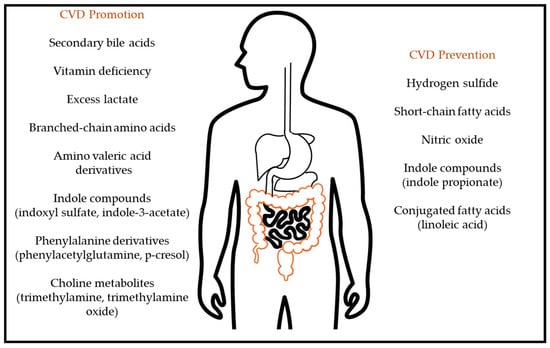
Soy Protein β-Conglycinin: A Gut-Centric Perspective on Heart Wellness
An expanding collection of studies emphasizes the significant link between our dietary choices and bodily functions. Notably, a recent investigation from **Nagoya University Graduate School of Medicine** has introduced fresh perspectives on heart wellness. Their research, featured in the September 2024 edition of *Clinical Nutrition*, underscores how a soy protein called **β-conglycinin (β-CG)** might decelerate heart failure progression by influencing gut microbiota. Conducted on mice, this research points to a promising dietary approach for managing cardiovascular conditions, a critical focus as heart failure continues to impact millions around the globe.
## From Soybeans to Cardiovascular Safeguarding
Soy has historically been celebrated for its health advantages, especially for cholesterol management and weight reduction, but this study represents the initial in-depth exploration of its direct implications for heart health. At the core of this research was **β-conglycinin (β-CG)**, a noteworthy protein present in soybeans. The research team administered the protein to mice genetically poised for heart failure, revealing insightful outcomes.
Mice that ingested β-CG showcased **enhanced heart performance**, which medically indicates their hearts were more proficient in blood circulation. This newfound efficiency came alongside decreases in two critical indicators of heart failure advancement: **muscle thickening** (cardiac hypertrophy) and **tissue scarring** (fibrosis). These conditions significantly contribute to heart failure and typically exacerbate over time.
Lead researcher Dr. Nozomi Furukawa highlighted that although soy had been linked to benefits like weight management, its specific influence on heart health had not been thoroughly characterized until now. “This research contributes a vital piece to understanding how dietary elements may enhance cardiovascular functionality,” explained Furukawa.
## The Gut-Heart Link
What adds to the intrigue of this study is the protein’s advantages appearing to be mediated through the gut microbiota—a collective of microorganisms inhabiting the digestive system. The researchers found that β-CG modifies the gut bacteria composition in a manner that fosters heart health. Specifically, the consumption of β-CG **boosted levels of three beneficial bacterial types**: **Butyricimonas, Marvinbryantia, and Anaerotruncus**.
These microorganisms are part of the gut microbiome, and their crucial role in this scenario is the **synthesis of short-chain fatty acids (SCFAs)**—essential compounds that aid in reducing inflammation and preserving intestinal health. While SCFAs have been recognized for promoting gut health, increasing evidence indicates they also possess **extensive benefits beyond the gastrointestinal tract**, including potential cardioprotective effects.
To further validate the role of these SCFA-producing microorganisms, the researchers conducted additional experiments. They applied antibiotics to the mice to reduce the populations of Butyricimonas, Marvinbryantia, and Anaerotruncus. Upon diminishing these bacteria, **the cardioprotective benefits of β-CG vanished**, indicating that heart health improvement was indeed reliant on changes within the gut microbiome.
Additionally, the researchers provided **sodium propionate**—a specific SCFA produced by gut bacteria—directly to the mice, discovering that it yielded **identical heart-protective effects** as the β-CG diet. This strongly suggests that the cardiovascular advantages of β-CG are facilitated through SCFA production by the gut microbiota.
## A New Frontier in Cardiovascular Disease Management?
Although this research is still in its infancy, the results present promising opportunities for the future. As we delve deeper into how dietary choices impact heart health, **functional foods like soy** could serve as a supplementary strategy alongside traditional treatments like medications and lifestyle modifications.
“Naturally, soy and its components, including β-CG, may not be effective for everyone,” Furukawa warns. Certain individuals, such as those with soy allergies, may not tolerate these foods, underscoring one of the [limitations](#limitations) in applying this research to human subjects. Moreover, additional studies are essential to thoroughly investigate the specific **molecular mechanisms** through which β-CG confers heart-protective effects and to determine whether similar benefits would occur in human trials.
In summary, this study contributes to an expanding comprehension of the **gut-heart axis**, highlighting the role gut bacteria play in shaping the health of the entire body, including the cardiovascular system. While more research is warranted, the identification of β-conglycinin as a potential dietary intervention paves the way for exciting new strategies in heart failure prevention.
—